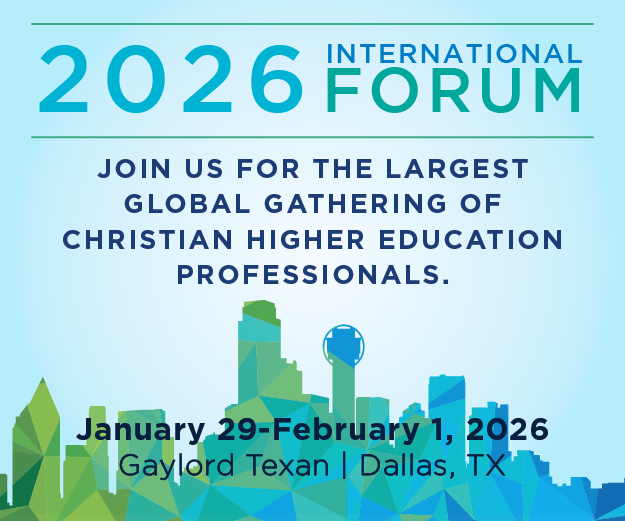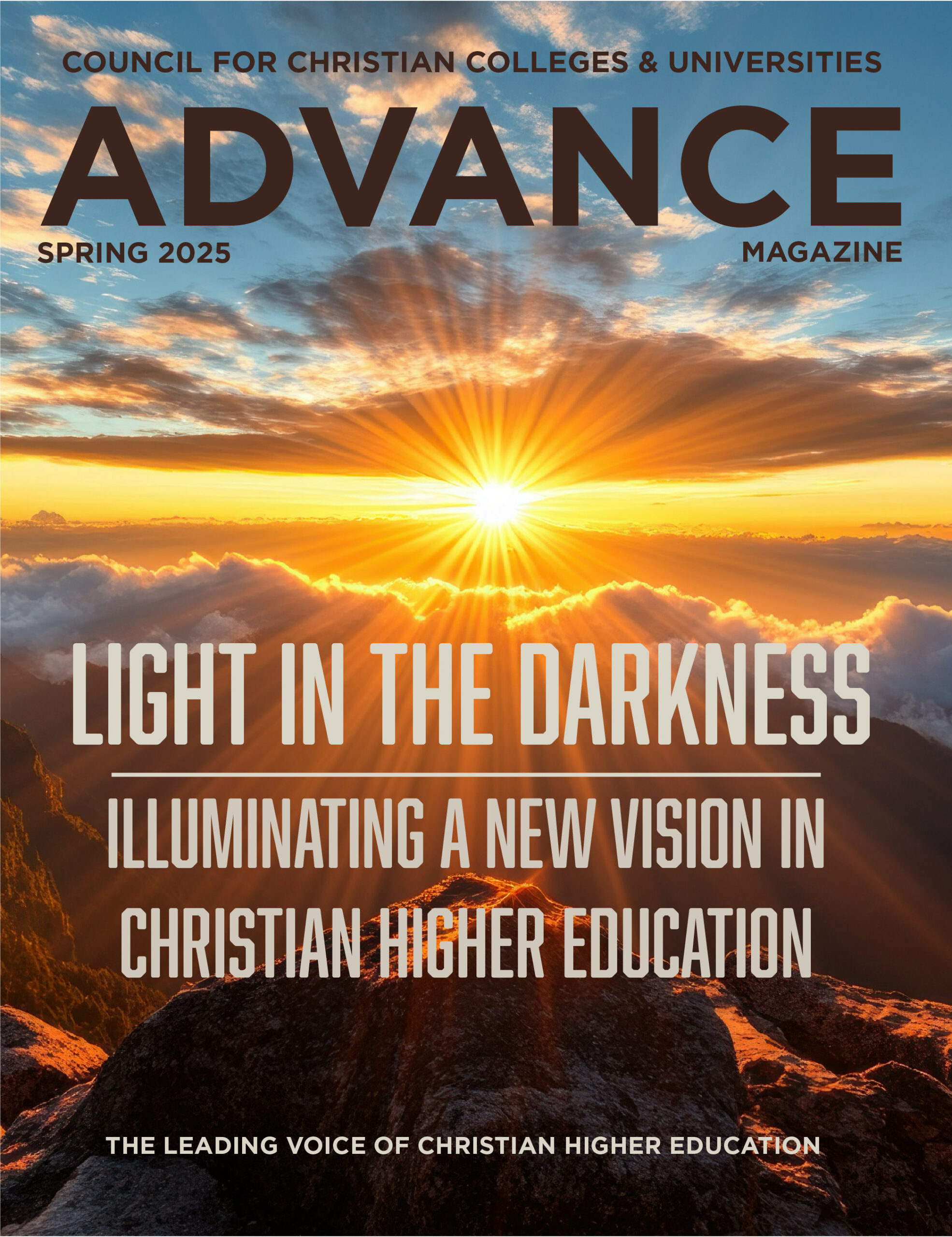Magazine
Study away programs have had a rough 18 months. The pandemic and financial pressures within the higher education landscape have resulted in a wide variety of challenges that point to an uncertain future, leaving administrators asking questions related to if and how these programs can bounce back.
These questions are important, but starting with “how” questions can be so limiting. In his book The Answer to How is Yes, Peter Block encourages leaders to dig deeper than simply asking how we do something. Instead, he suggests moving to questions of why that are centered around purpose and impact: “The question ‘How?’— more than any other question – looks for the answer outside of us. It is an indirect expression of our doubts.” Block argues throughout his book that we are too quick to go to the how questions because our culture pushes us to deliver programs that are doable, practical, and popular. But thinking about the “why” means we focus on the differences we can make in this world.
So in light of this advice, and in the midst of the current upheaval in higher education broadly and study away programs specifically, it is worth reflecting on the following questions: Why are experiential study away programs so important to the mission of Christian higher education? Why should we recommit to offering these types of programs, which can be expensive and expose our institutions to more risk?
There are some answers that are true for all of higher education: student demand for programs like these, for example, or an institutional desire to prepare students for a global future. But for Christian colleges and universities, the answers to these questions go so much deeper. Our programs help students ask hard questions and experience the complexities of this world by connecting what they are learning and doing to how they see the world with the eyes of faith.
We must not underestimate the importance of this faith lens as we help students connect habits of the mind, heart, and hands in ways that help students live into God’s story for their lives. Nicholas Wolterstorff describes this process as the development of two eyes: the eye of the mind and the eye of the heart. He writes, “Do not be so focused on knowledge that you neglect compassion; do not be so overcome by compassion that you neglect knowledge. You need both eyes — both the eye of the mind and the eye of the heart, both the eye of discernment and the eye of compassion — to weep with those who weep and rejoice with those who rejoice.”
Study away programs, when properly facilitated, provide an important opportunity for this kind of development. Not only do students learn deeply, but they also experience the wonder and heartbreak of this world firsthand as they discover how to engage an interconnected global world. “The heart cannot be taught in a classroom intellectually … it has to be discovered,” says David Brooks in his book The Road to Character. Referencing Augustine, he adds, “Only love compels action. We don’t become better because we acquire new information. We become better when we acquire better loves. We don’t become what we know. Education is a process of love formation. When you go to school, it should offer you new things to love.”
Herein lies the deepest “why” for offering experientially based, study away programs: They help students make connections, learn new loves, and live into answers of living faithfully in a messy world. Throughout this process, students are transformed.
Remembering the transformative nature of study away program answers the question of “why” and provides new resolve as we face questions of how to offer these types of programs moving forward. At the CCCU, we are committed to rebuilding capacity lost as a result of the pandemic wherever possible, as well as to finding new, collaborative projects that expand experiential education opportunities for students in ways that make these opportunities affordable and workable for member institutions and the CCCU. We hope and pray our member institutions will continue to support us in these endeavors.
Don DeGraaf is the CCCU’s senior director of educational programs.




